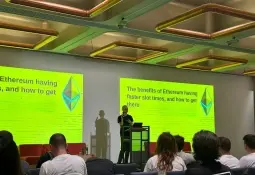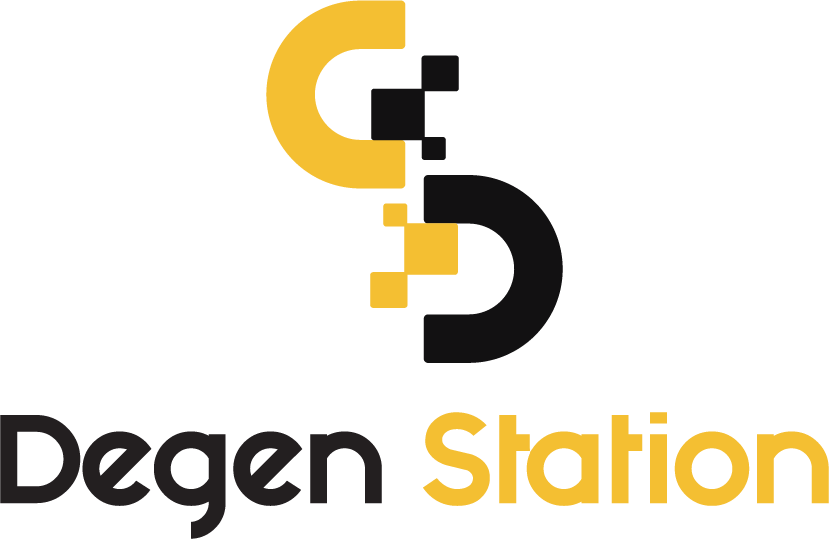Vitalik Buterin Continues to Advocate for Shorter Block Times on Ethereum at EthCC Conference

Vitalik Buterin Continues to Advocate for Shorter Block Times on Ethereum at EthCC Conference. Image: @therollupco on X (Twitter)

At the EthCC conference held in Belgium, Ethereum co-founder Vitalik Buterin reiterated the importance of reducing block validation times on the blockchain.
During a panel discussion on Pre-Confirmations ("Soft Validation" model), Vitalik Buterin emphasized the benefits of faster Slot (equivalent to Block) validation times.
First EthCC coverage of the week at Sequencing x CAKE Day hosted by @EspressoSys and @FrontierDotTech
— The Rollup (@therollupco) July 7, 2024
Faster Slot Times by @VitalikButerin
In his presentation, Vitalik considers the tradeoffs of decreasing block times in Ethereum for quicker transaction finality. Let's take a… pic.twitter.com/clXDWQ55Xb
Specifically, he highlighted that the Pre-Confirmations model on Layer-2 solutions represents a significant advancement for the Ethereum ecosystem in general, with validations taking approximately 1 second compared to traditional Ethereum validation times (pre-EIP-1559 upgrade), which could take 10-13 minutes.
Despite improvements in speed, the Layer-2 Soft Validation model still exposes certain limitations. Therefore, Vitalik Buterin suggested the need for alternative approaches that do not compromise decentralization aspects.
To summarize: there are 3 strategies to get users shorter confirmations.
— Espresso Systems (@EspressoSys) July 7, 2024
- independent L2 preconfs
- L1-organized preconfs
- L1 slots being natively faster
A lot of thought and strategy needs to be given to how we consider these and put them in practice
Additionally, Vitalik also introduced a Medium-strength Assurance approach instead of Finality, acknowledging that while Finality offers slightly higher security, the Medium-strength Assurance allows for faster transaction confirmations with acceptable security levels.
Approaches to achieve shorter Confirmation times for users include:
- An independent Soft Validation system on Layer-2
- Soft validation mechanism through a Layer-1 Proposer
- Shortening slot validation times on Layer-1
Both approaches Vitalik Buterin discussed have their respective limitations. For Layer-2, significant workload and time are required to effectively implement an optimal Pre-Confirmations model. Conversely, delegating Confirmation roles to Proposers increases dependency on these entities, potentially leading to transaction censorship and impacting network decentralization.
Due to these barriers, Vitalik argued that Layer-1 needs shorter Slot validation times to relieve some of the speed pressures handled by Layer-2. Moreover, shorter Slot validation times could potentially eliminate less secure Layer-2 models, redistributing transaction confirmation time pressures back to Layer-1.
This isn't the first time Vitalik has voiced support for implementing a "Single-slot Finality" model to shorten Confirmation times on Ethereum. Just last week, he introduced the "slot-and-epoch" model, proposing a balanced distribution of speed pressures across network Layers.
It is evident that recent criticisms of many Layer-2 solutions regarding security risks have prompted Ethereum developers to swiftly deploy new solutions to ensure high-speed validations while maintaining decentralization.





